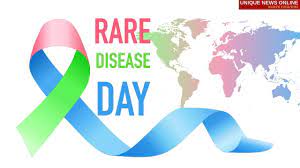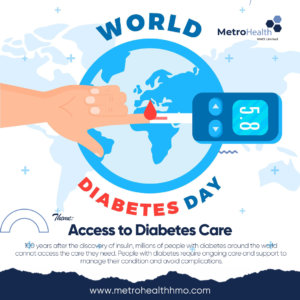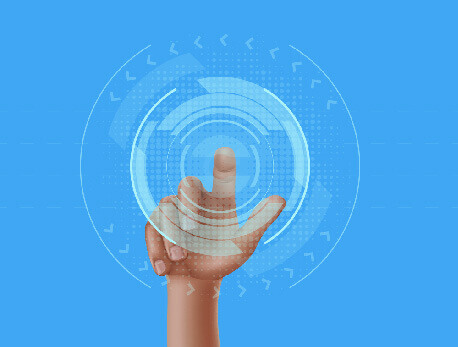Sickle cell disease (SCD) is a disease affecting millions of people throughout the world, mostly found in sub-Saharan Africa.
World Sickle Cell Day is a day set aside yearly to constantly increase public knowledge and understanding of SCD. As part of the awareness, people are educated on the challenges experienced by patients, families, and caregivers.
WHAT IS SICKLE CELL DISEASE?
Sickle Cell Disease is a group of inherited red blood cell disorders. Healthy red blood cells are typically round, and they move through small blood vessels carrying oxygen to all parts of the body. In an SCD patient, the red blood cells become hard and sticky, taking the form of a C-shaped farm tool called a “sickle”.
SCD patients are known to experience a constant shortage of red blood cells, this is because the red blood cells die early. These cells when traveling through small blood vessels tend to get stuck and clog the blood flow, which leads to serious pains and problems such as infection, acute chest syndrome, and stroke. This period is often called a “CRISIS”.
Types of Sickle Cell Diseases
Generally called SS, what most people do not know is that SCD varies from person to person. Responsible for this variation is a body protein known as Haemoglobin, a protein that allows red blood cells to carry oxygen to all parts of the body.
- HAEMOGLOBIN SS DISEASE: the most common type of sickle cell disease, which occurs when you inherit copies of the hemoglobin S gene from both parents. This forms the hemoglobin known as Hb SS and is the most severe form of SCD, individuals with this form also experience the worst symptoms at a higher rate.
- HEMOGLOBIN SC DISEASE: occurs when you inherit the Hb C gene from one parent and the Hb S gene from the other. Individuals with Hb SC have similar symptoms to individuals with Hb SS as it is the second most common type of sickle cell disease. However, the anaemia is less severe.
- HEMOGLOBIN SB+ (BETA) THALASSEMIA: Haemoglobin which affects beta-globin gene production. The size of the red blood cell is reduced because less beta protein is made. If inherited with the Hb S gene, you will have haemoglobin S beta-thalassemia. Symptoms are not as severe.
There also are a few rare types of SCD:
HbSD, HbSE, and HbSO; People who have these forms of SCD inherit one sickle cell gene (“S”) and one gene from an abnormal type of hemoglobin (“D”, “E”, or “O”). Hemoglobin is a protein that allows red blood cells to carry oxygen to all parts of the body.
SIGNS AND SYMPTOMS OF SICKLE CELL DISEASE
SCD symptoms vary from person to person, with a range from mild to severe;
Symptoms may include;
- Excessive fatigue or irritability, from anemia
- Jaundice
- Leg ulcer
- Pain crises
- Frequent infections
- Pain in the chest, back, arms, or leg
COMPLICATIONS OF SICKLE CELL DISEASE
Sickle cell anaemia can lead to a host of complications, including:
- Stroke
- Acute chest syndrome
- Pulmonary hypertension
- Organ damage
- Blindness
- Leg ulcers
- Gallstones
- Priapism
- Pregnancy complications
TREATMENT OF SICKLE CELL TREATMENT.
There is no single best treatment for all people with SCD. Treatment options are different for each person depending on the symptoms. These may include;
- Pain medications.
- Blood transfusions.
- Vaccinations and antibiotics which are used to prevent infections.
- Folic acid.
- Hydroxyurea.
- Regular eye exams.
PREVENTION
If you carry the sickle cell trait, seeing a genetic counsellor before trying to conceive can help you understand your risk of having a child with sickle cell anaemia. They can also explain possible treatments, preventive measures, and reproductive options.










